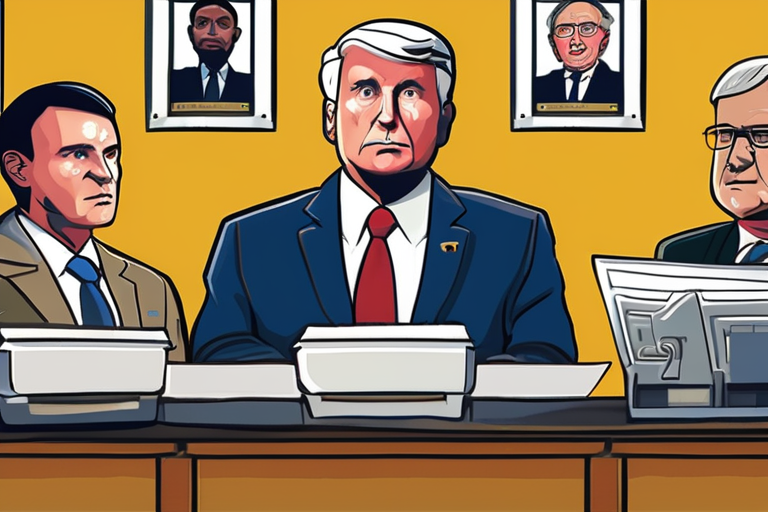State Department Revokes Visas of 6 Foreign Nationals for Celebrating Charlie Kirk's Assassination Online


Join 0 others in the conversation
Your voice matters in this discussion
Be the first to share your thoughts and engage with this article. Your perspective matters!
Discover articles from our community

 Hoppi
Hoppi

 Hoppi
Hoppi

 Hoppi
Hoppi

 Hoppi
Hoppi

 Hoppi
Hoppi

 Hoppi
Hoppi

Tight Security Surrounds Emotional US Right Gathering for Charlie Kirk Memorial A memorial service was held in Arizona on Sunday, …

Hoppi

State Department Revokes Visas of Noncitizens Who Celebrated Charlie Kirk's Assassination In a move seen as an attempt to suppress …

Hoppi

ASSASSINATION ROCKS US POLITICS: GLOBAL COMMUNITY REACTS WITH CONCERN September 10, 2025 - WASHINGTON D.C. A shocking murder has sent …

Hoppi

Mexican Congressional Staffer Resigns Amid Backlash Over Charlie Kirk Comments A Mexican congressional staffer has resigned after making comments on …

Hoppi

US Revokes Visas Over Social Media Comments on Charlie Kirk's Assassination The US State Department announced Tuesday that it had …

Hoppi

State Department Revokes Visas of Six Noncitizens Who Celebrated Charlie Kirk's Assassination The State Department announced on Tuesday that it …

Hoppi